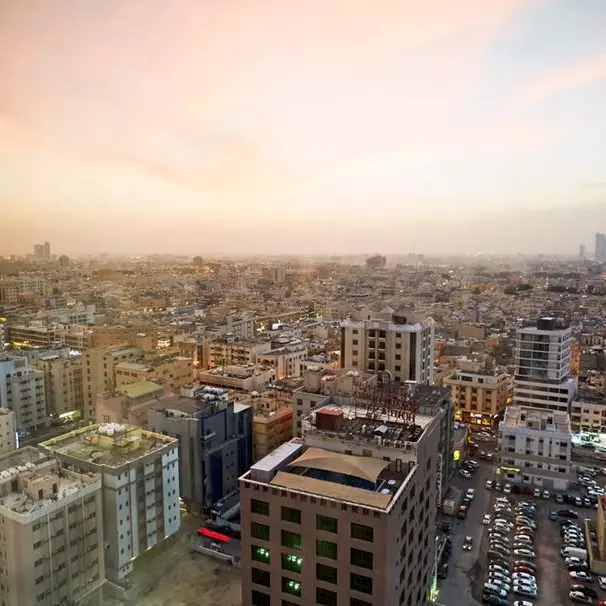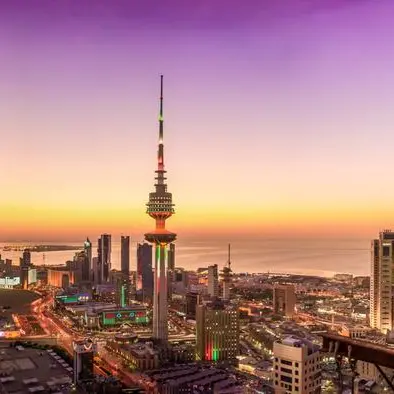PHOTO
Most GCC banking systems can withstand substantial external funding outflows without additional support, as political disruption tends to trigger investor risk aversion and prompt capital outflows from banking systems in higher-risk markets, said a new report released on Thursday.
Global rating agency S&P said banks in the Gulf Cooperation Council (GCC) have remained remarkably stable and the largest funding item – private domestic deposits – has increased year-on-year over the past three decades, despite a series of disruptive regional events, including Yemeni civil wars, Arab Spring, Iraq war, Qatar boycott, and Houthi attacks.
On average, banks in the GCC comprise about one-third of their economies' total external liabilities, with Oman and Saudi Arabian banks contributing under 10 per cent to total liabilities and Qatari and Kuwaiti banks over 40 per cent.
The UAE, Kuwaiti and Saudi Arabian banking systems are in modest net external asset positions, while Oman's banks are small net debtors. Bahrain's retail banks and the Qatari banking system are in a more material net external debt position, S&P said.
“Even though some vulnerabilities are on the rise, including continued external funding growth, a potentially increasing proportion of expatriate deposits, and reduced coverage from potentially supportive sovereign assets to funding bases, our hypothetical stress scenarios show that GCC banks can withstand substantial external funding outflows without additional support,” added Young.
Stable deposits
The rating agency noted that deposits in the GCC's banking system have continued to expand and remained remarkably stable through substantial political instability, including the Arab Spring, financial crises, wars, boycotts, and missile strikes.
“We generally expect domestic deposits to be more stable because they form the working capital and savings of residents. Nevertheless, the stock of gross financial sector external liabilities increased substantially over the past few decades, and now comprises just under $550 billion,” said S&P Global Ratings credit analyst Benjamin Young.
Young added that large outward remittances have reduced the stock of potentially less stable deposits and confidence-boosting actions by public sector entities have helped reduce domestic funding volatility during shocks.
It said deposits from GCC citizens will also continue to rise as populations expand, and more recently pandemic-related savings increased.
Remittances
S&P said although remittances from the region expanded alongside the population until 2014-2015 when oil prices corrected, they have since remained relatively stable at about $130 billion (Dh477 billion) per year.
“The UAE is an exception in that outward remittances have continued to increase, given a significant portion of the population resides in Dubai, whose economy is not directly oil driven. Since then, regional populations and domestic retail deposits have continued to increase while remittances have remained steady, which could imply expatriates now account for a larger portion of domestic deposits,” it said.
Copyright © 2022 Khaleej Times. All Rights Reserved. Provided by SyndiGate Media Inc. (Syndigate.info).





















